"Having peace, happiness and healthiness is my definition of beauty. And you can't have any of that without sleep" - Beyoncé.
In celebration of World Sleep Day on 15 March, we have some expert tips for a good kip.
Get outside for at least 30 minutes a day
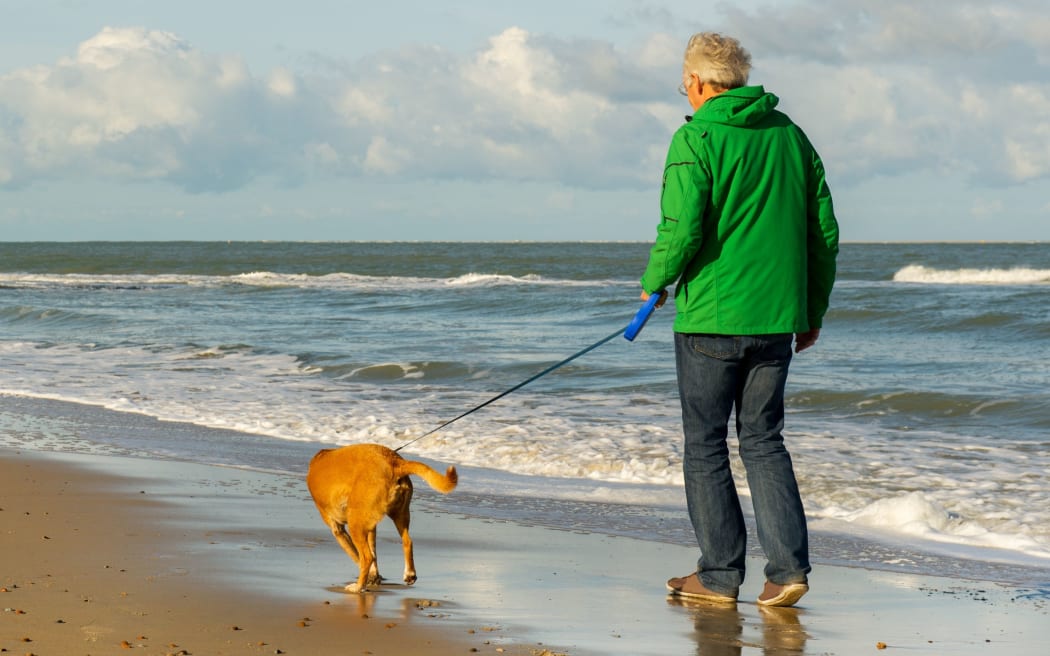
Photo: 123RF
"'Go out for half an hour in the morning no matter what the weather," says neurobiology researcher Anna Wirz-Justice.
Make friends with your bed
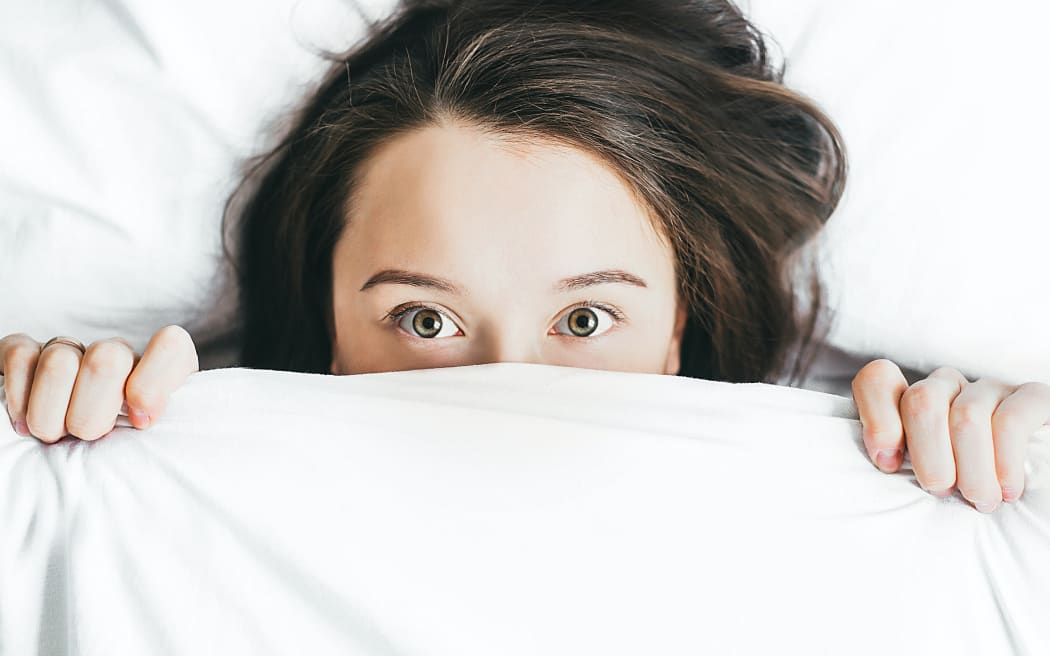
Photo: Alexandra Gom / Unsplash
If your place of sleep has become associated with anxiety about wakefulness, work on improving that relationship, says sleep coach Bernice Tuffery.
Avoid hitting the hay before you're sleepy
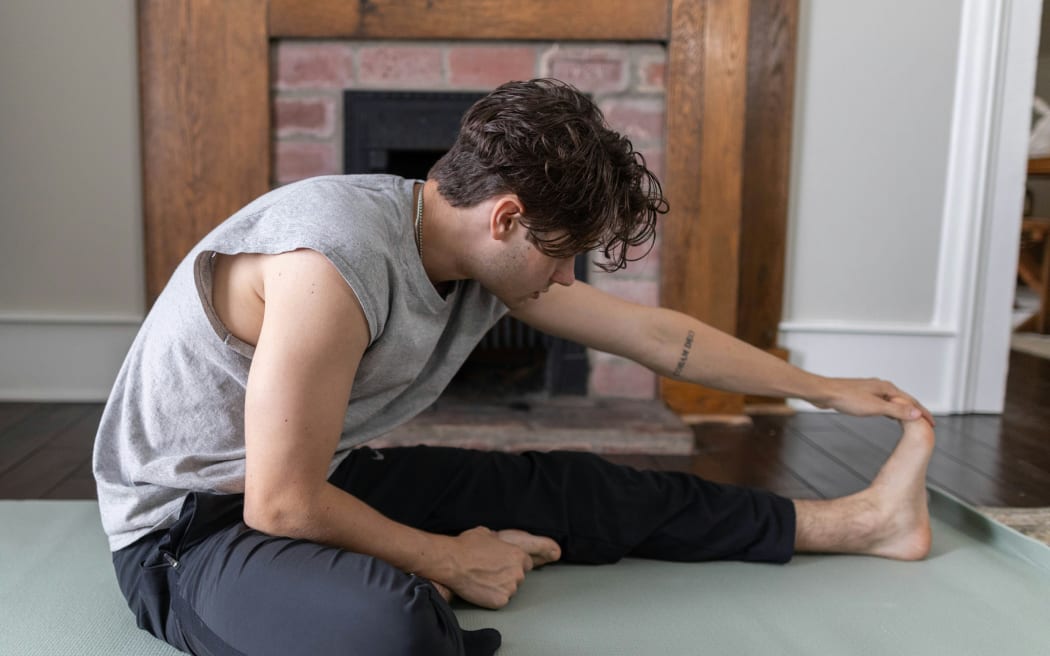
Photo: Blake Cheek
Head to bed only when your eyes feel heavy and if you're not asleep after 15 minutes get up and do something relaxing in another room, says sleep researcher Dr Alexander Sweetman.
Wind down with sound
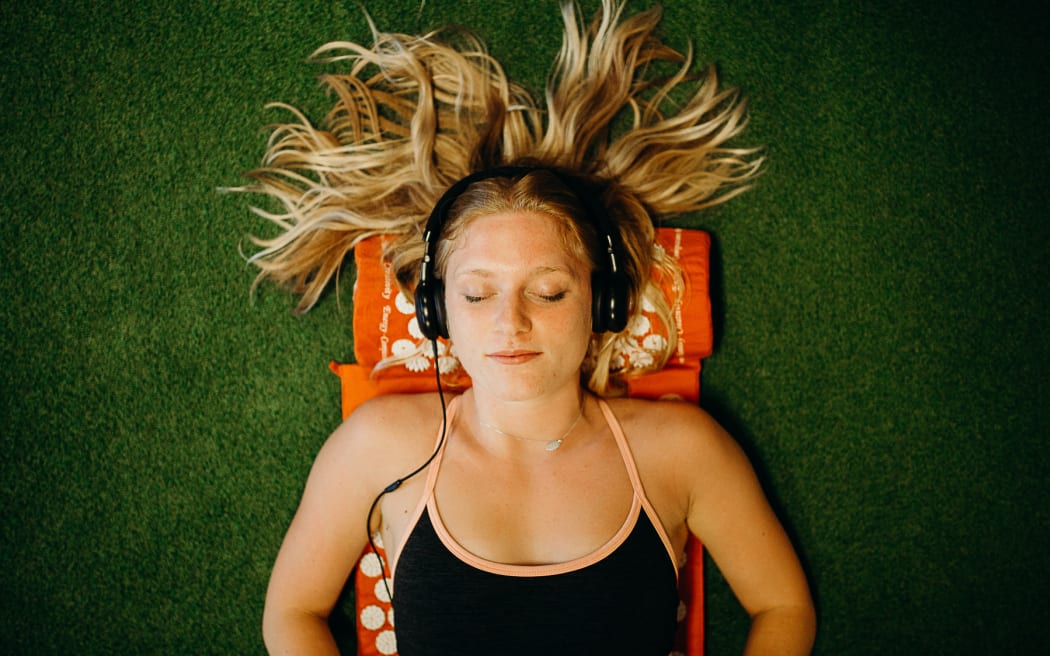
Photo: Supplied
Relaxing music at bedtime can help people fall asleep quicker and also improve sleep quality, says music psychology expert Dr Thomas Dickson.
(Check out his sleep playlist on Spotify)
Read, pray, sew
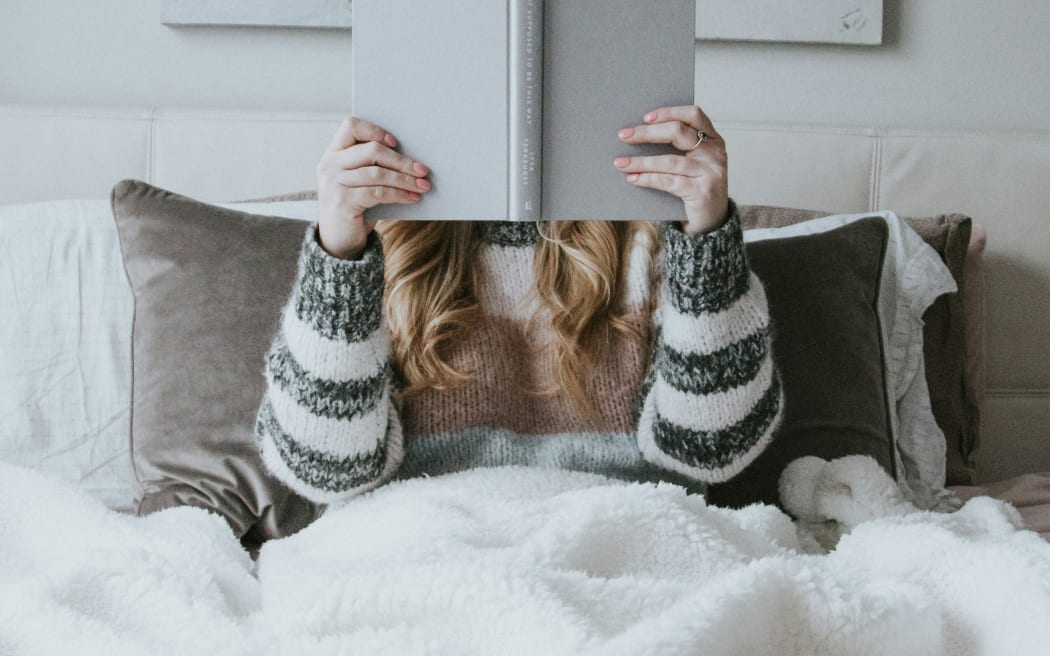
Photo: Unsplash
Engaging in quiet meditative activities helps the brain wind down before bed and set the stage for falling asleep, says neuroscientist Sean Drummond.
Bore yourself to sleep
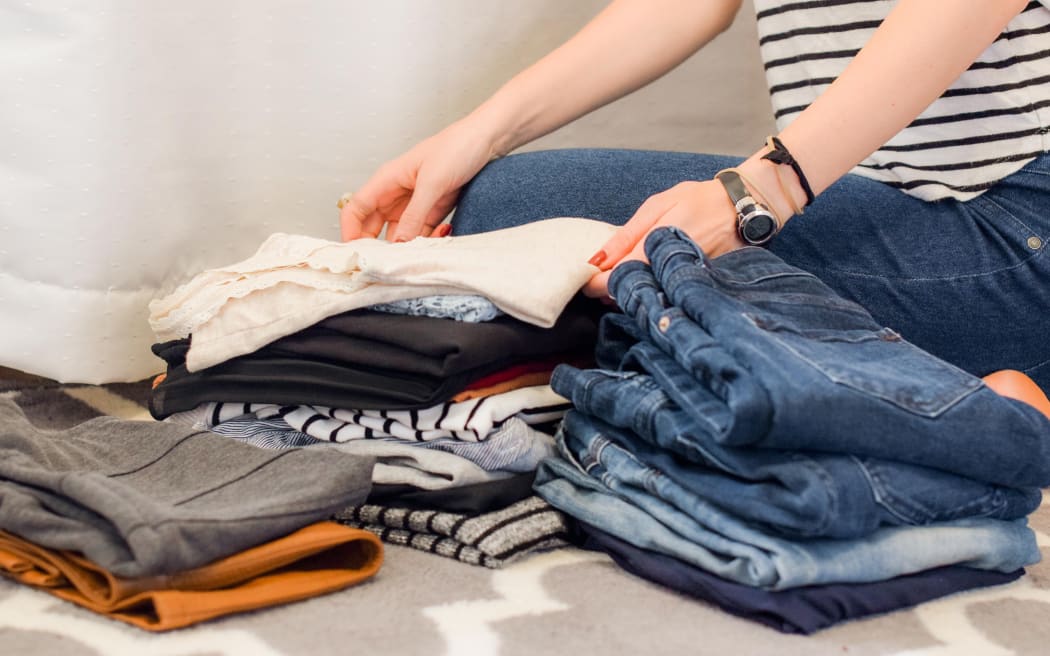
Photo: Public domain
If you're not falling asleep within about 20 minutes, get up and "quietly bore yourself" by doing something like folding laundry or sorting bills until you get sleepy, says neuroscience professor Dr Roxanne Prichard.
Make peace with waking up in the night
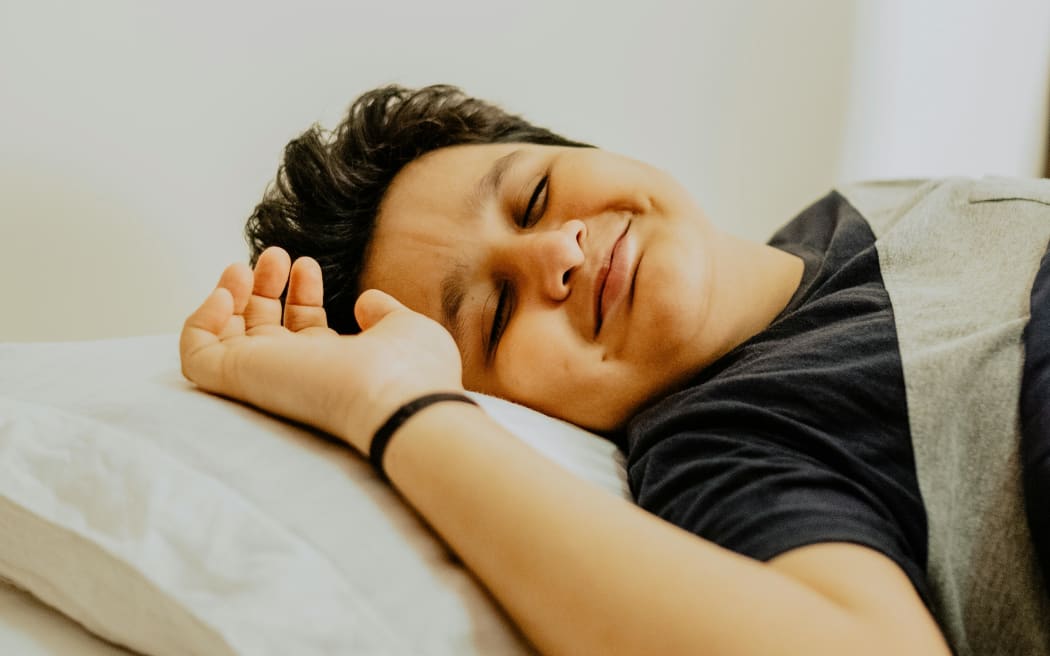
Photo: Public domain
Wakefulness is normal and only becomes a problem when we start catastrophising about the fallout, says sleep researcher Tony Fernando: "Learning how to roll with it is really crucial."

